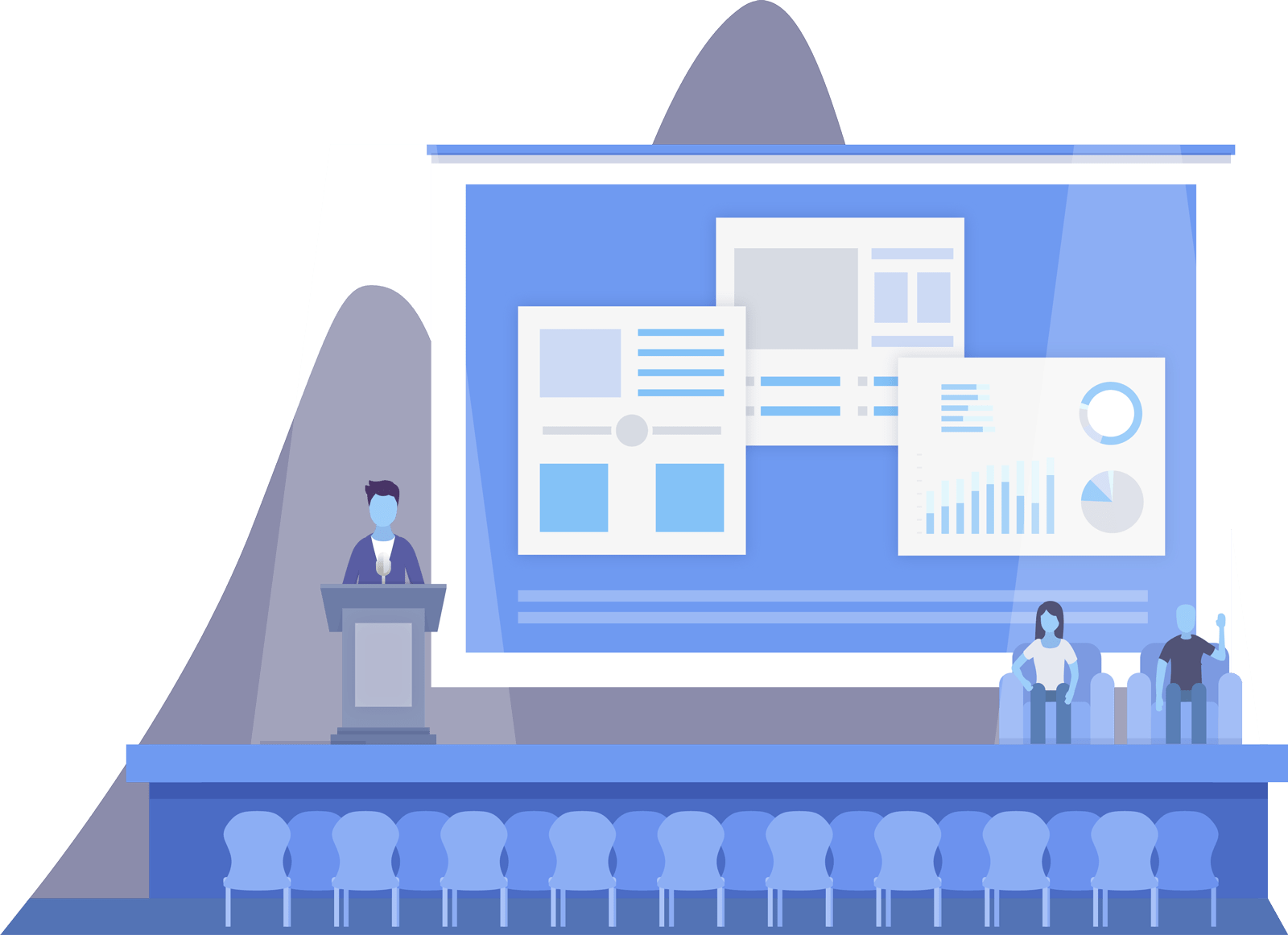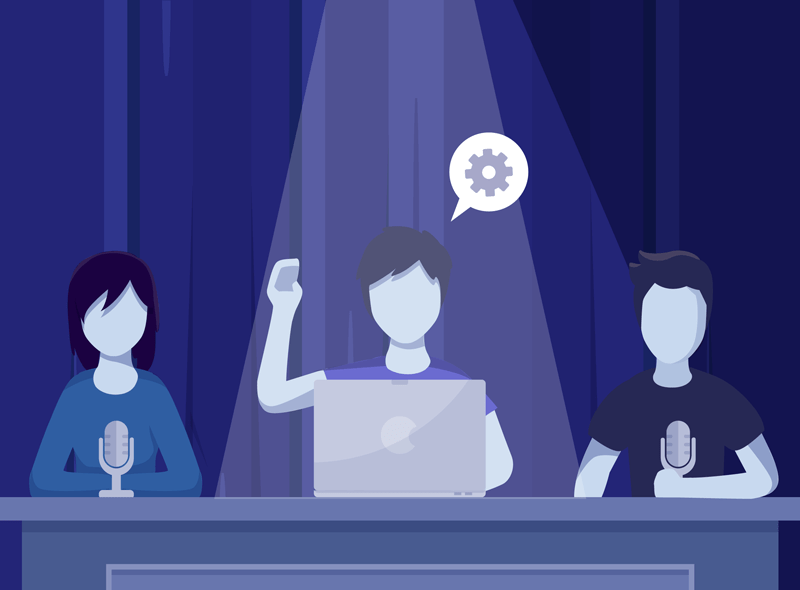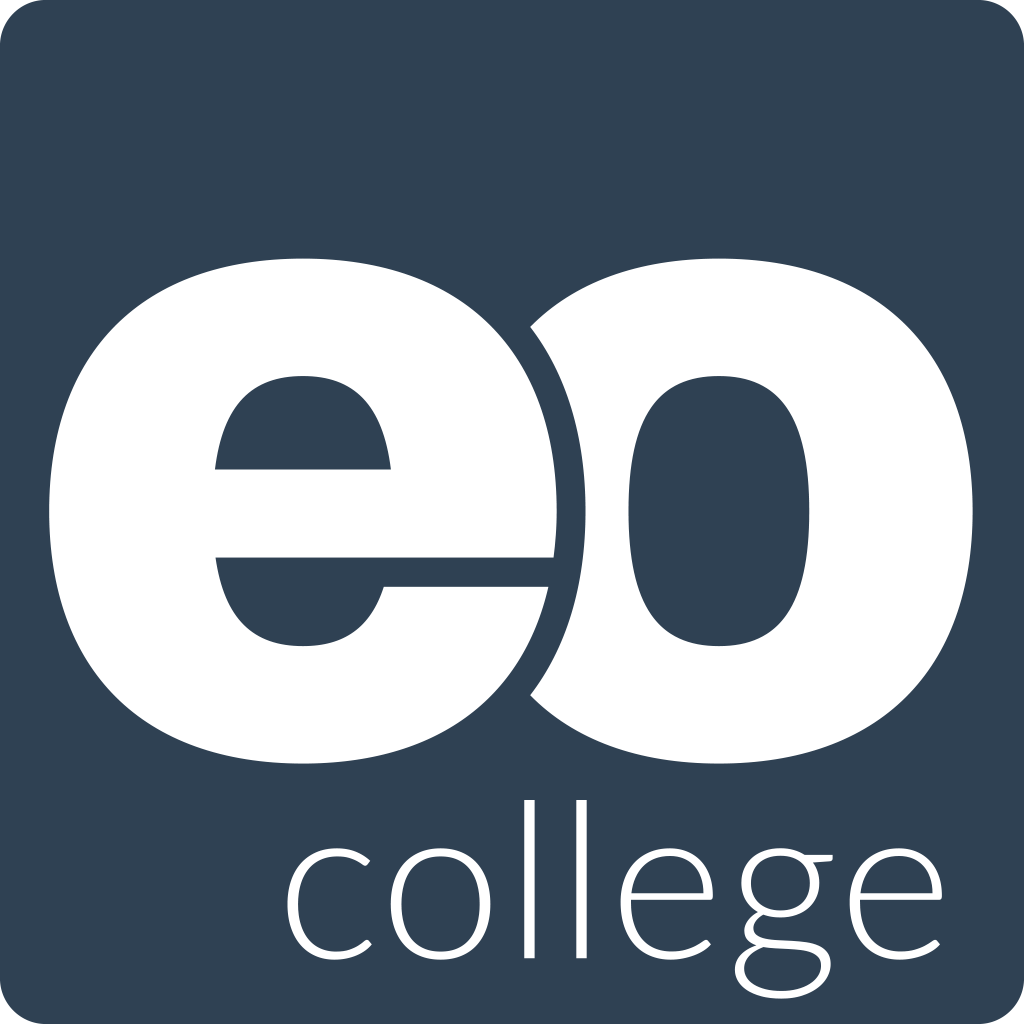I. Working group
‘EO education’
February 10+11 2022
Welcome to the I. Working group ‘EO Education’.
Here you will find all relevant information as well as the video contributions.
Passcode: eo-edu
Please make sure to watch the talks you are interested in before the live session starts on February 10th or 11th to maximize the efficiency of the discussion in the live session.

Organisers:

Schedule
The I. Working Group ‘EO Education’ will take place virtually on 10 + 11.02.2022. A total of four thematic sessions and two plenary sessions are planned.

Day1 – Thursday, February 10th
9:00 – 9:30
Welcome & Organsiation
Robert Eckardt & Andreas Rienow
(Friedrich Schiller University Jena, Ruhr-University Bochum)
10:30 - 11:30
Web technologies
Using Jupyter Notebooks in Earth Observation education – The need for more effective and educational notebooks
(Julia Wagemann, Federico Fierli, Simone Mantovani, Hayley Evers-King, Ben Loveday – EUMETSAT)
Creating EO-Lessons for Schools and Beyond in a WordPress Environment
(Henryk Hodam – Ruhr-University Bochum)
14:00 - 15:00
Innovative Tools
Teaching and learning at the intersection of Geography, Maths, and Computer Science
using EO and Augmented Reality
(Claudia Lindner – Ruhr-University Bochum)
Earth Observation Plugins for QGIS – the EnMAP-Box and the GEE Time Series Explorer for EO Education
(Andreas Janz1, Sebastian van der Linden2, Benjamin Jakimow1, Fabian Thiel2, Philippe Rufin3, Patrick Hostert2
– 1 Humboldt-University Berlin , 2 University Greifswald, 3 Université Catholique Louvain
Geo:spektiv2GO – From Space to Local Mobile Learning
(Mario Blersch, Johannes Keller, Christian Plass, Alexander Siegmund – Heidelberg University of Education)
Day 2 – Friday, February 11th
9:00 - 10:00
Across the spectrum
Building interactive spatio-temporal analysis portals with Geo Engine: A Digital teaching Tool for multi-spectral data
(Christian Beilschmidt, Johannes Drönner University of Marburg Geo Engine GmbH)
HYPERedu – Overview, lessons learned and future perspectives of hyperspectral eLearning
(Saskia Foerster, Arlena Brosinsky, Charlotte Wilczok – GFZ German Research Centre for Geosciences)
10:30 - 11:30
International Infrastructure
The Training Calendar infrastructure or how to share training opportunities with the global community
(Mark Higgins, Martin Tykal, Madalina Ungur – EUMETSAT)
EO-CONNECT Promoting global networking in Earth observation training
(Robert Eckardt1, Andreas Rienow2, Stefanie Steinbach2, Nesrin Salepci1
– 1 Friedrich-Schiller-Universität Jena, 2 Ruhr-Universität Bochum)
14:00 - 15:00
Closing Plenary
Summary & Lessons Learnt
Future paths and opportunities
Survey on demand for practical workshops
